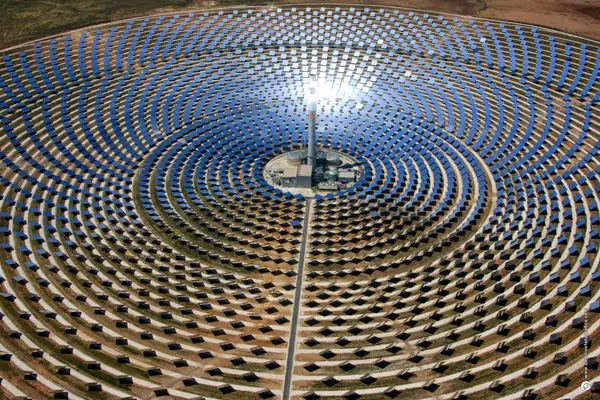The client company involved in the 400-MW Noor III solar project has unveiled a list of prequalified consortiums. The consortiums are eyeing to be assigned the contract to construct the project that was tendered in August last year. Morocco’s Agency for Sustainable Energy (MASEN) issued a statement that the process was done rigorously. This means that those selected underwent a rigorous evaluation to be in prequalification. The contracted company will be mandated to take on various duties highlighted in the project’s scope.
The scope of the project entails the funding, design, and construction of the project. It also includes the operation and maintenance of the Noor Midelt III, the third installment within the solar complex. The companies included in the consortium list are a blend of both local and international companies. One of the consortiums includes Morrocco-based TAQA Morocco. The company is in partnership with UAE-headquartered Abu-Dhabi Future Energies. Another consortium includes Morrocco-based Green Africa in partnership with Spanish-based Acciona Generacion Renovable. These are just a few of the consortiums that have been shortlisted in the Noor III Solar Project prequalification list.
Read also: $20.4B Jeddah Central Projects Submission Bids Commence as Competition Stiffens.
Noor III Solar Project is Part of Morocco’s Target for Renewable Energy Integration
The Noor III Solar project is part of Morocco’s ambitious plans for renewable energy integration. This will significantly enable Morocco to easily meet the nation’s energy demands during peak periods. It will also make a significant contribution to the global transition towards the integration of renewable energy. The Noor III Solar Project will join the existing Noor Midelt I and Noor Midelt II as part of the project scope. This will elevate the Noor Solar project as a global powerhouse in renewables and solar storage capacities. The project is set to entail a 400-MW of photovoltaic installed capacity. The project will also entail a storage capability of around 400MWh battery-based energy storage system (BESS) as a utility. The total production of the project will be able to produce approximately 1600 MW of solar power.

Leave a Reply